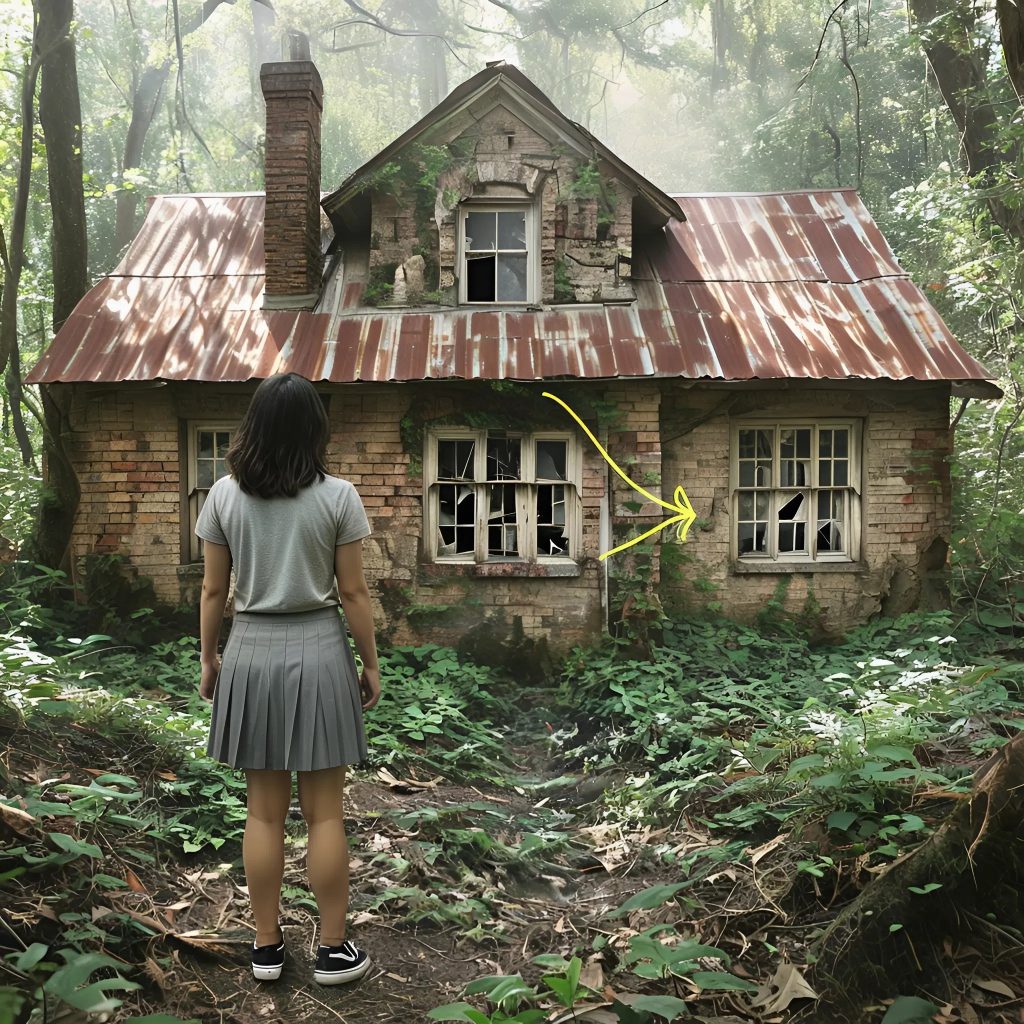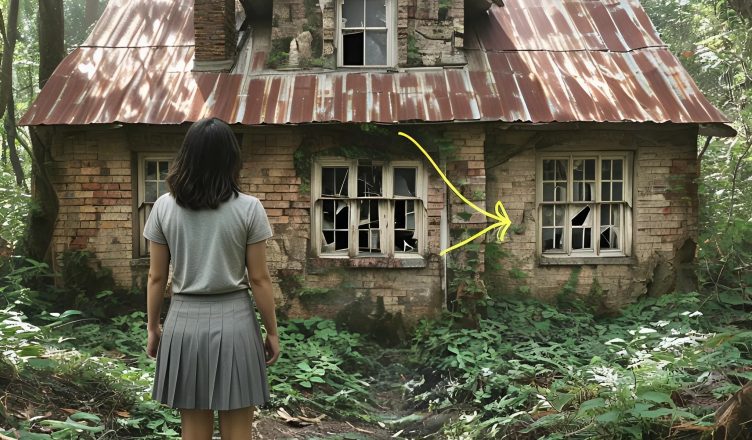The air in the stuffy notary office in Kyiv was thick with unspoken resentment. I sat tense, my heart pounding in my chest, as the lawyer read out my grandmother Hanna Hryhorivna’s will. My brother Mykhailo, sitting across from me with a smug grin, clearly anticipated the grand prize—a luxurious three-room apartment in the heart of the capital. I, on the other hand, was left with a crumbling, half-ruined house in a remote village called Zarychchia. In that moment, my entire world seemed to tilt.
His mockery came fast.
—“Figures,” Mykhailo muttered. “They give garbage to the failures.”
When I returned home that evening, hoping at least for my husband’s support, I was hit with a second betrayal. Dmitro, cold and detached, stared at me like I was a stranger.
—“I married a loser,” he said bluntly. “Go live in your shack.”
Minutes later, I stood outside our apartment building, suitcase in hand, heart in pieces. With nowhere else to go, I took the next bus to Zarychchia, clutching a rusty key and a future that felt like a cruel joke.
The village greeted me in eerie silence. Tilted fences. Overgrown paths. Houses that leaned like they had given up long ago. My inheritance loomed ahead—paint peeling off the walls, windows broken, roof sagging like a wounded animal. I braced myself for ruin. But the moment I stepped inside, something shifted.
The air felt alive. Not stale or abandoned, but expectant. Like the house had been waiting.
Inside was a mixture of decay and memory. Dust coated every surface. Cobwebs hung like curtains. But in the corner stood a trunk, carefully covered with an old shawl. The table held a teacup, as if someone had just stepped out. The scent of dried linden blossoms still lingered.
I opened the trunk.
My breath caught. Inside were old clothes, faded photographs, and carefully labeled envelopes. One stood out:
«My true inheritance is not measured in meters, but in roots.»
Documents. Land titles. Handwritten notes. I learned that my grandmother had quietly maintained ownership of several nearby plots—untouched, unclaimed, and, as it turned out, incredibly valuable. What I had thought was a curse was, in truth, a hidden gift. My inheritance wasn’t just a house. It was history. It was potential.
The early days were brutal. I lived without running water or heat. Chopped wood. Boiled water on a stove. But slowly, the silence of the village stopped feeling so threatening. Old neighbors began to visit. They remembered Hanna—how she had treated their wounds with herbs, how she had shared food during hard times.
Suddenly, I wasn’t just a stranger from the city. I was her granddaughter.
I cleared the garden. Found old jars of preserves in the cellar. I fixed a broken shutter. One day, while drinking tea on the porch, my phone rang.
It was Mykhailo.
—“Hey,” he began, too casually. “That land near the river? Heard it’s valuable now. Developers are interested. Maybe we could… split the profit?”

I didn’t answer. I looked out at the field beyond my fence, golden in the sun. That land was mine—not because of money, but because of legacy.
Six months have passed.
I’ve turned the house into a small workshop. I weave baskets, dry herbs, make natural soaps. People from the city come to visit, to buy, to breathe. I’m finally doing something that matters. Not just surviving—thriving.
My old life—husband, apartment, false security—feels like a dream I’m relieved to have woken from. Here, every nail I hammer, every jar I seal, every tree I plant—reminds me I’ve reclaimed myself.
Today, I planted another apple tree in the yard. The ground was soft, welcoming. This tree will bear fruit in years to come. Just like me. I’ve grown roots in this place—deeper, stronger than I ever imagined.
Not all treasures sparkle. Some whisper from the bottom of an old trunk. You just have to be brave enough to open it.
